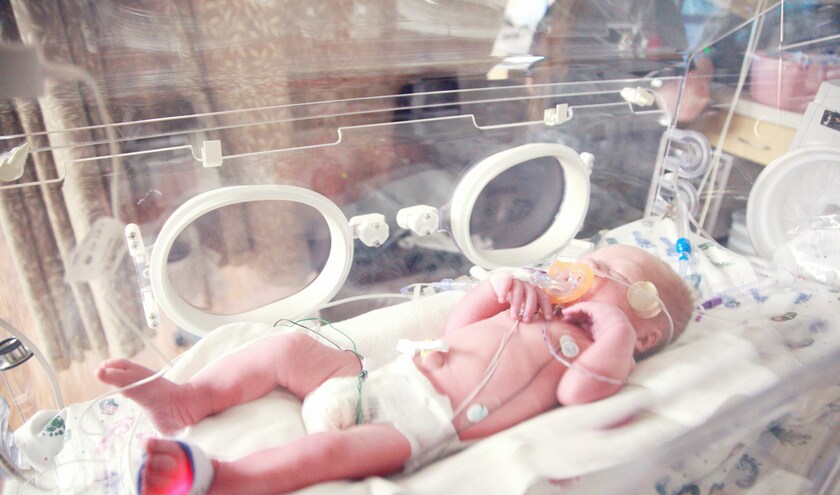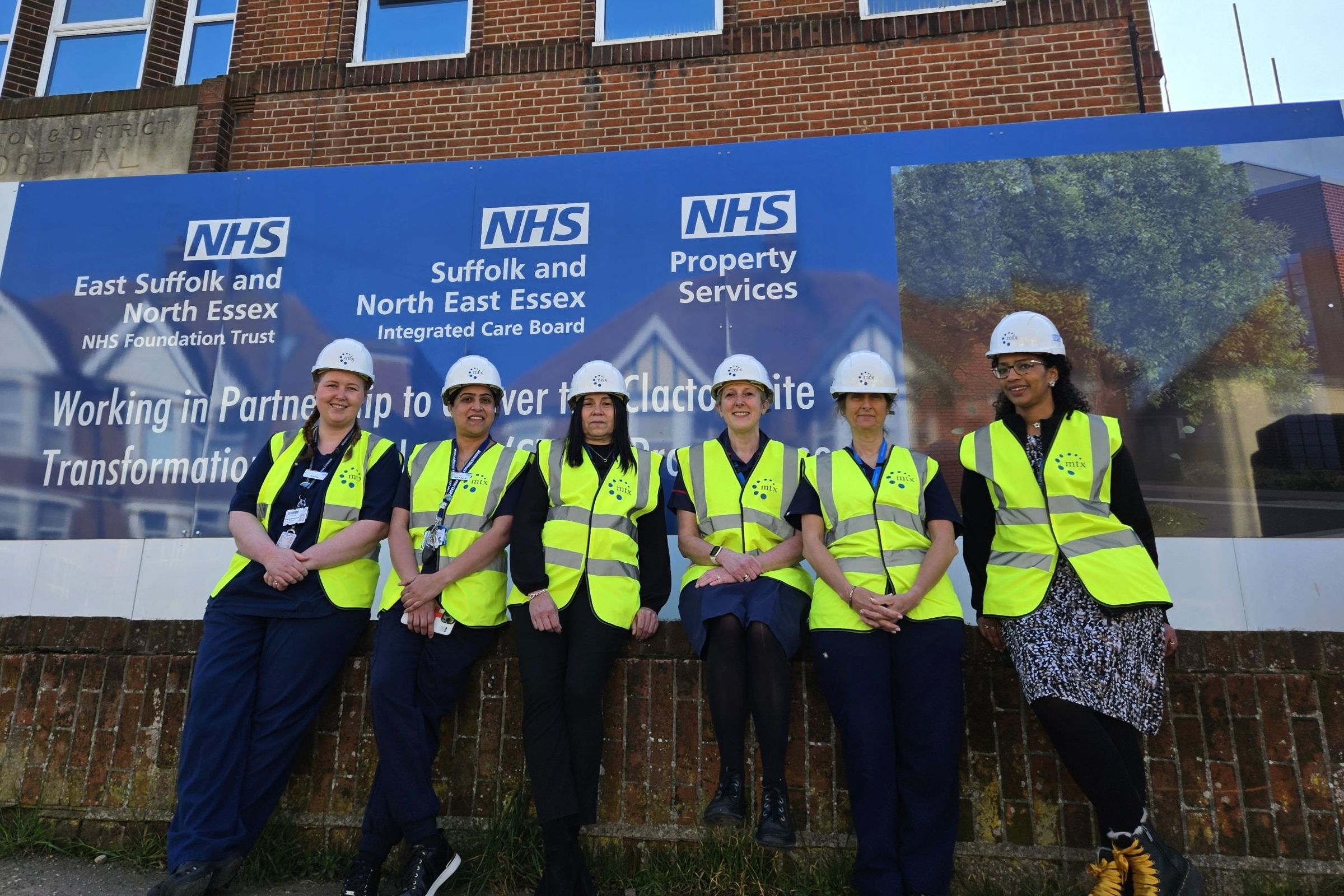The Preterm Birth Committee's report, Preterm birth: Reducing risks and improving lives, calls for action to reduce the incidence and impact of preterm birth and recommends a greater focus on the needs of parents of preterm babies.
Chair, Lord Patel said reducing the immediate and longer-term impacts of preterm birth should remain ‘a key objective', adding: ‘Improving outcomes for preterm babies and their families could also generate substantial cost savings within healthcare and education.'
The committee noted:
- worrying disparities in preterm birth rates and outcomes across different socioeconomic and ethnic groups
- variations in the implementation of national clinical guidance related to preterm birth between hospitals and regions
- maternity and neonatal services continuing to face staffing pressures, which can have an impact on the provision of safe, high-quality care for preterm babies and their families
- children who were born preterm not always receiving essential neurodevelopmental assessments at age two, and rarely at age four, despite these being recommended by the National Institute of Health and Care Excellence
- a greater focus on pregnancy and neonatal research is needed, alongside increased funding, to develop more effective interventions and ensure clinical guidance is implemented effectively.
It called on the Government and NHS England to:
- focus on national targets that will support efforts to reduce the incidence and impact of preterm birth, across all groups of the population
- ensure all women have access to information and advice on pregnancy planning and preconception health, as part of a renewed focus on prevention in healthcare
- ensure every region has the resources to implement intervention programmes that focus on consistent delivery of best-practice clinical guidance
- meet the commitments to develop the maternity and neonatal workforce set out in the NHS Long-term Workforce Plan
- set out plans for future investment in parental accommodation on neonatal units, to support improved provision of family integrated care
- introduce targeted training for health visitors, so they can develop specialist knowledge of the needs of preterm babies and their families
- determine why the follow-up assessments for children who were born prematurely are not being consistently delivered, in particular at age four, and prioritise work to address this.
A Department of Health and Social Care spokesperson said: ‘This Government inherited a broken NHS and serious issues within maternity and neonatal services.
‘While change will not happen overnight, we are working urgently to address stark health inequalities and ensure all women and babies, regardless of background, receive safe, personalised and compassionate care.
‘We have committed to training thousands more midwives, and we will tackle wider social determinants of ill health, which increase the risk of preterm birth, by shifting the focus from treatment to prevention as part of our 10 Year Health Plan.'
An NHS spokesperson said: ‘The NHS is committed to ensuring all women and babies receive high-quality care before, during and after their pregnancy, and while the health service has made improvements to maternity services in England over the last decade, we know further action is needed.
‘We are increasing the number of midwives and obstetricians and our three-year delivery plan for maternity and neonatal services includes the ‘Saving babies' lives care bundle', which is supporting midwives and doctors to reduce the number of babies born early and provide the best care when preterm birth cannot be prevented.
‘Local services and ICBs should commission developmental assessment checks in line with National Institute for Health and Care Excellence guidance to improve outcomes for babies born prematurely.'



